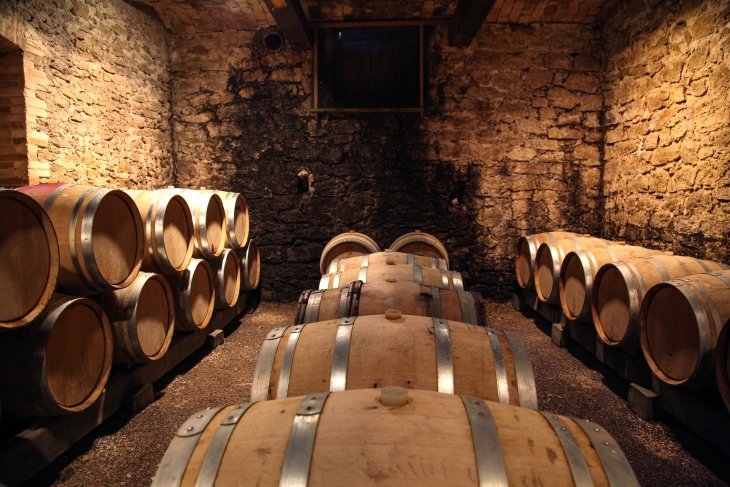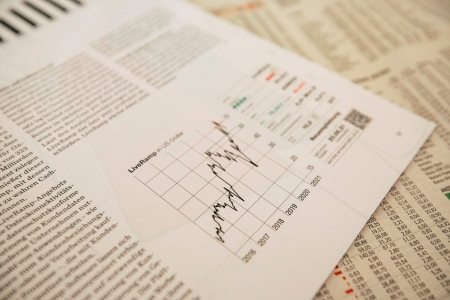As the world's most widely consumed alcoholic beverage, wine has become an increasingly popular investment in recent years. For those new to the world of wine investing, it can be daunting to know where to start. This guide will provide a comprehensive overview of the basics of wine investing, including what to look for in a wine investment, how to get started, and some common pitfalls to avoid.
Table of Contents
1. Introduction to Wine Investing
2. The Basics of Wine Investing
2.1 Types of Wine
2.2 Wine Grading
2.3 Wine Storage
3. How to Get Started with Wine Investing
3.1 Do Your Research
3.2 Set a Budget
3.3 Work with a Reputable Wine Merchant
4. Common Pitfalls to Avoid
5. Conclusion
6. FAQs
1. Introduction to Wine Investing
Wine investing is a type of alternative investment that involves purchasing and holding wine as a long-term investment with the goal of profiting from its appreciation in value over time. Unlike traditional investments such as stocks and bonds, wine investing is considered a tangible asset.
2. The Basics of Wine Investing
When it comes to investing in wine, there are a few basic principles to keep in mind. These include understanding the different types of wine, how wine is graded, and how to store wine properly to maximize its value.
2.1 Types of Wine
There are many different types of wine, each with its own unique characteristics and qualities. Some of the most popular types of wine for investing include Bordeaux, Burgundy, and Champagne.
2.2 Wine Grading
Wine is typically graded on a scale of 0-100, with 100 being the highest possible score. The most reputable wine grading system is the 100-point scale developed by Robert Parker, a renowned wine critic.
2.3 Wine Storage
Proper wine storage is critical to ensuring that wine maintains its value over time. Factors such as temperature, humidity, and lighting can all affect the quality of wine, so it's important to store wine in a cool, dark, and humid environment.
3. How to Get Started with Wine Investing
Getting started with wine investing requires a bit of research and preparation. Here are some steps to follow to get started:
3.1 Do Your Research
Before investing in wine, it's important to do your research and educate yourself about the market. This includes learning about the different types of wine, understanding how wine is graded, and staying up-to-date on current market trends.
3.2 Set a Budget
Like any investment, it's important to set a budget for wine investing. This will help you avoid overspending and ensure that you're investing within your means.
3.3 Work with a Reputable Wine Merchant
Working with a reputable wine merchant can help ensure that you're investing in high-quality wine and avoid common pitfalls such as fraud or counterfeit wines.
3.4 Invest Alongside Vint
Work with the experts at Vint.co to build a diversified portfolio through securitized offerings.
4. Common Pitfalls to Avoid
While wine investing can be a lucrative investment, there are some common pitfalls to avoid. These include investing too heavily in a single vintage or region, failing to properly store wine, and not doing your due diligence when purchasing wine.
5. Conclusion
Wine investing can be a rewarding and exciting investment opportunity for those willing to put in the time and effort to learn about the market. By understanding the basics of wine investing, working with a reputable wine merchant, and avoiding common pitfalls, investors can potentially profit from the appreciation of high-quality wines over time.
FAQs
What is the minimum investment required for wine investing?
There is no set minimum investment required for wine investing, as it can vary depending on the type of wine and the quantity being purchased. However, it's generally recommended to have a budget of at least a few thousand dollars to get started with wine investing.
Is wine investing a safe investment?
Like any investment, wine investing comes with risks. While wine can appreciate in value over time, it's important to do your due diligence and work with a reputable wine merchant to ensure that you're investing in high-quality wine. Additionally, wine investing is not a regulated investment market, so it's important to proceed with caution and be aware of the potential risks.
How long should I plan to hold onto my wine investments?
The length of time that you should hold onto your wine investments can vary depending on the type of wine and market conditions. In general, it's recommended to hold onto wine investments for at least 5-10 years to potentially see appreciation in value.
Can I drink my wine investments or should I only hold onto them for investment purposes?
While it's tempting to drink your wine investments, it's generally recommended to hold onto them for investment purposes. Drinking the wine can reduce its value and potentially damage the investment, so it's important to treat it as a long-term investment and resist the urge to consume it.
Are there any tax benefits to wine investing?
Wine investing can potentially offer some tax benefits, such as the ability to defer capital gains taxes if you reinvest the profits into additional wine investments. However, it's important to consult with a tax professional to fully understand the tax implications of wine investing.
Disclaimer: The information provided in this blog is for educational and informational purposes only and should not be construed as financial advice. Investing in any asset carries a risk of loss, and readers should do their own research and due diligence before making any investment decisions. The author and publisher of this blog are not responsible for any losses, damages, or other liabilities that may arise from your use of the information presented here.


